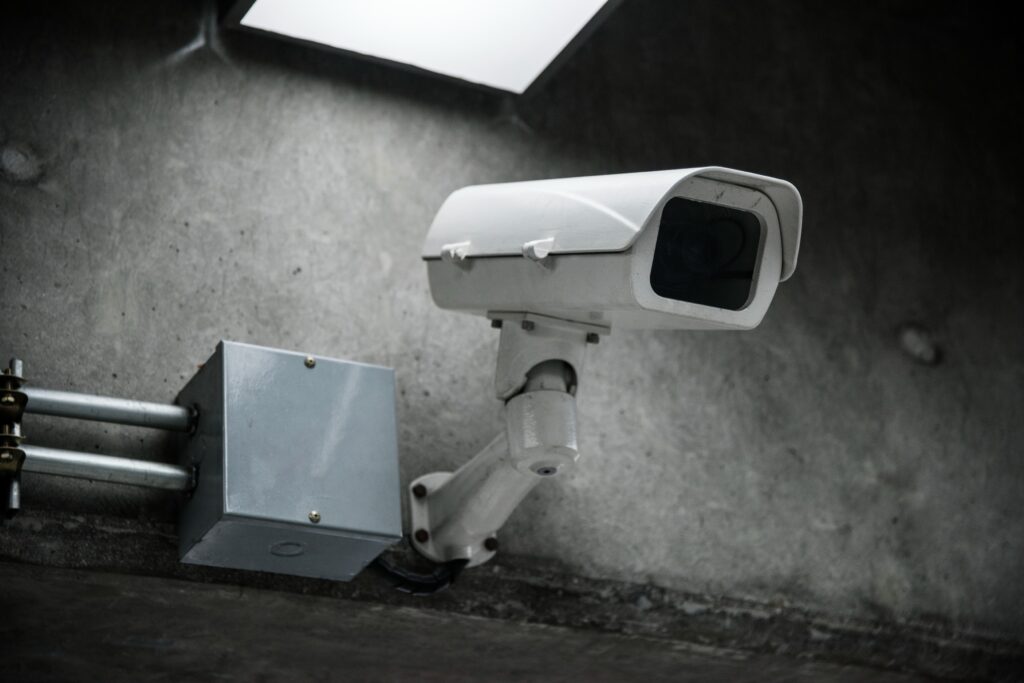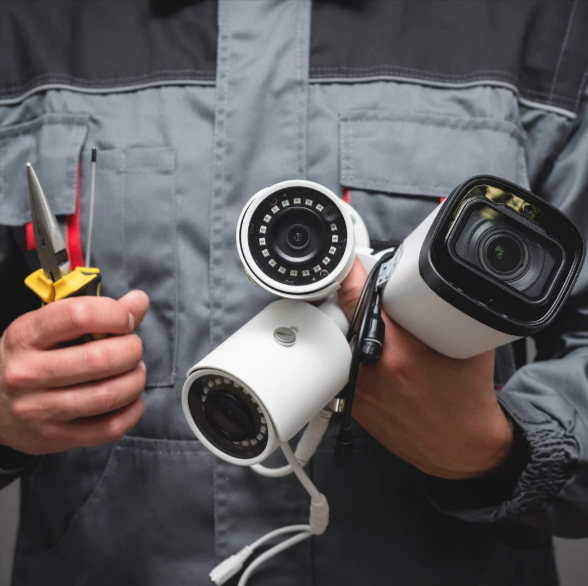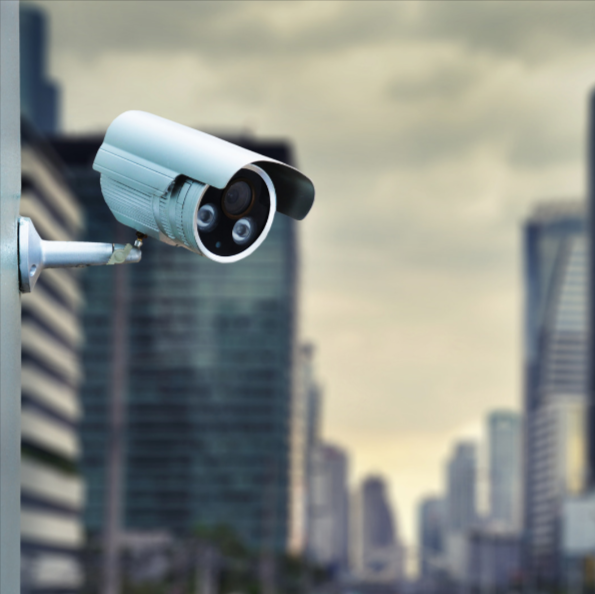How To Choose The Right Security Camera Systems Houston TX
Choosing the right security camera system is crucial for ensuring the safety and security of your home or business. With numerous options available on the market, it can be overwhelming to decide which system best suits your needs. This guide will help you navigate through the essential factors to consider when selecting the security camera systems Houston TX.

Determine Your Needs
Before diving into the technical aspects, it’s important to assess your specific security needs. Ask yourself the following questions:
· What areas do you need to monitor?
· Do you need indoor, outdoor, or both types of cameras?
· What is your budget?
· Are you looking for basic monitoring or advanced features like facial recognition and motion detection?
Types of Security Cameras
There are several types of security cameras, each with its advantages:
Dome Cameras: These are ideal for indoor use and provide a wide field of view. They are less intrusive and blend well with the surroundings.
Bullet Cameras: Bullet cameras are best for outdoor use. They are long-range and highly visible, which can deter potential intruders.

PTZ Cameras: Pan-Tilt-Zoom cameras can be controlled remotely to pan, tilt, and zoom, offering comprehensive coverage and flexibility.
Wireless Cameras: Easy to install, wireless cameras offer flexibility in placement but may require a strong Wi-Fi connection.
Wired Cameras: These provide a stable connection and are less susceptible to interference, making them reliable for critical areas.
Resolution and Image Quality
The resolution of the camera determines the clarity of the images. Higher resolution cameras, such as 1080p or 4K, provide clearer and more detailed images, which are crucial for identifying faces and license plates. However, higher resolution requires more storage space and may be more expensive.
Field of View
The field of view (FOV) indicates how much area a camera can cover. Cameras with a wider FOV can monitor larger areas, reducing the number of cameras needed for comprehensive coverage. Consider your monitoring area and choose a camera with an appropriate FOV.
Night Vision and Low-Light Performance
Night vision capabilities are essential for 24/7 surveillance. Infrared (IR) cameras provide clear images in complete darkness, while low-light cameras use advanced sensors to capture color images in dim lighting. Evaluate the lighting conditions of the areas you need to monitor and select cameras accordingly.

Storage Options
There are two main storage options for security camera systems:
Local Storage: Uses physical storage devices like DVRs (Digital Video Recorders) or NVRs (Network Video Recorders). These provide greater control over your data but may require more maintenance.
Cloud Storage: Stores footage on remote servers, allowing easy access from anywhere. It typically requires a subscription fee but offers convenience and additional features like automatic backups.
Cybersecurity
As security cameras are connected to the internet, they can be vulnerable to hacking. Ensure the system you choose has robust cybersecurity measures, such as encryption, strong password policies, and regular firmware updates, to protect your data and privacy.
Installation And Maintenance
Consider whether you want to install the system yourself or hire a professional. DIY systems are generally easier to install and can save money, while professional installation ensures optimal placement and functionality. Regular maintenance, such as cleaning lenses and checking connections, is essential for long-term performance.
Customer Support and Warranty
Reliable customer support can be invaluable, especially if you encounter technical issues. To protect your investment, choose a system from a reputable company that offers good customer service and a comprehensive warranty.
Conclusion
Choosing the right security camera systems Houston TX involves carefully considering your specific needs and evaluating various factors such as camera type, resolution, field of view, storage options, smart features, cybersecurity, and installation. By understanding these key elements, you can make an informed decision and ensure the safety and security of your property.

